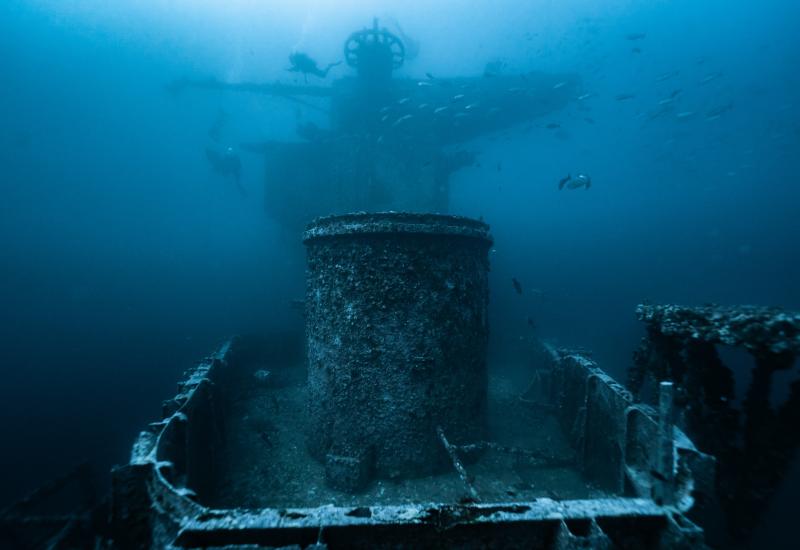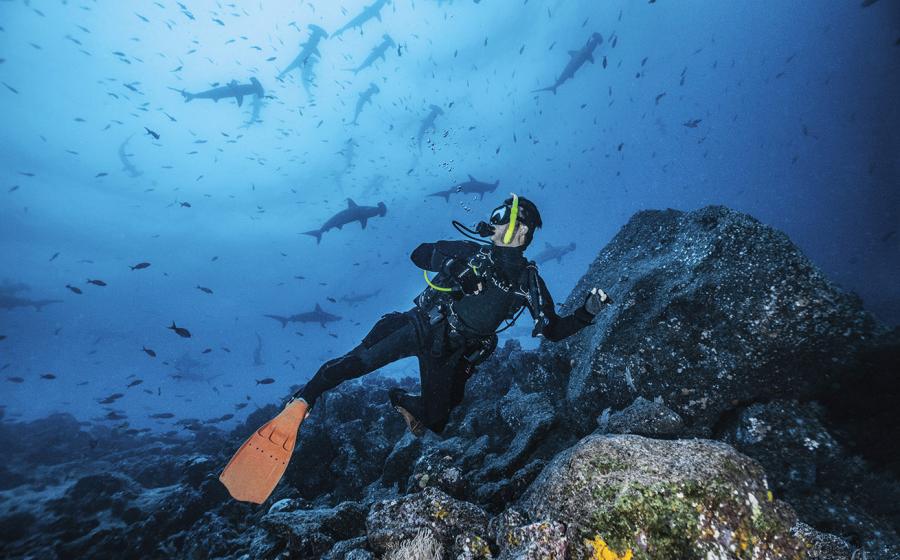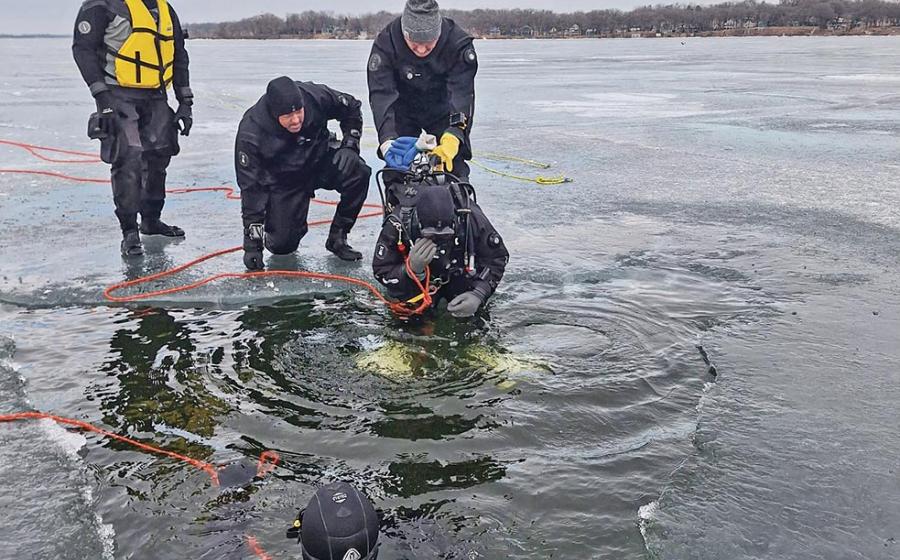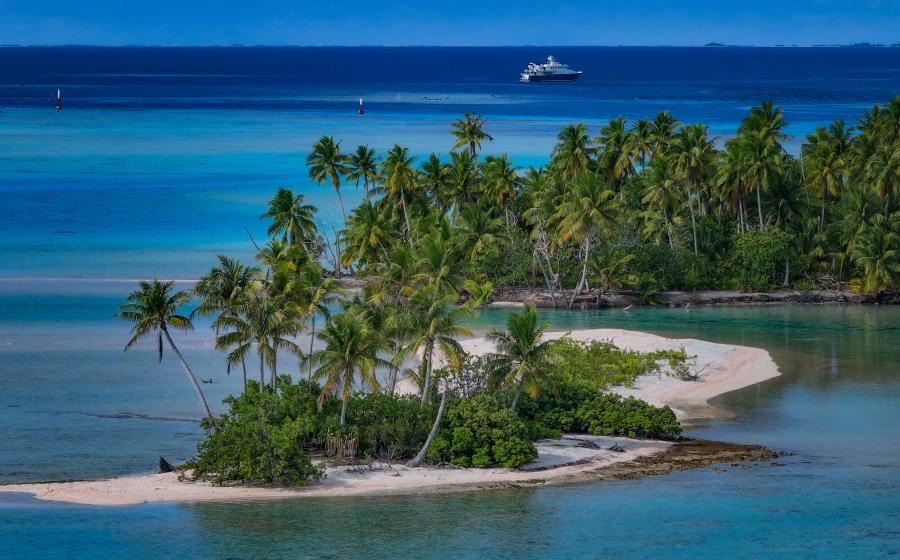Serenity on the Surface
Watching my wife's eyes light up as we passed through a thick school of yellowtail snapper, I realized that some dive sites are better suited for snorkeling than scuba. One such setting is the shallow reefs in an area known as Looe Key, which is about 30 miles up the road from Key West. Our morning had begun with a 30-foot dive on a spur-and-groove formation littered with healthy stands of elkhorn coral. The 5-foot reef shark that cruised by was a rare treat, but Rene spent most of her bottom time struggling with a rented BC that was too big for her slender frame. To avoid a similar hassle at the next stop, we ditched the scuba gear and jumped into the inviting warm water with only masks, fins and snorkels. I spent the next hour practicing free diving, marveling at how the lack of noisy exhaust bubbles permitted me to closely approach an inquisitive grouper. Meanwhile Rene floated serenely on the surface, focusing on the rich array of tropical fish and a large barracuda patrolling beneath our dive boat. ''That was really relaxing,'' Rene said after we got back on board the Kokomo Cat, a spacious 45-foot catamaran operated by the Looe Key Reef Resort & Dive Center. ''Once in a while it's nice just to get in the water without putting all of that heavy gear on.'' Though the Florida Keys National Marine Sanctuary has an abundance of shallow sites brimming with fish that are ideal for snorkeling, the sun-drenched reefs at Looe Key are certainly among the best. Some of the huge fingers of coral reaching out to sea here have been developing for 7,000 years. Don't try to find a dot of land named Looe Key on a map of the Florida Keys, however. Located a few miles offshore Big Pine Key, the entire area is submerged and it has been under strict federal protection since 1981. Looe Key is named for a sunken British frigate, the HMS Looe, which went down on a nearby coral ridge in 1742. An old anchor and piles of ballast are all that remain of the Looe and several other ill-fated vessels that ran aground centuries ago on the area's treacherous reefs. While my wife and I will remain devout scuba divers, we've discovered that you don't always need a tank of air strapped to your back to enjoy the underwater world. Sometimes just a snorkel will suffice.









